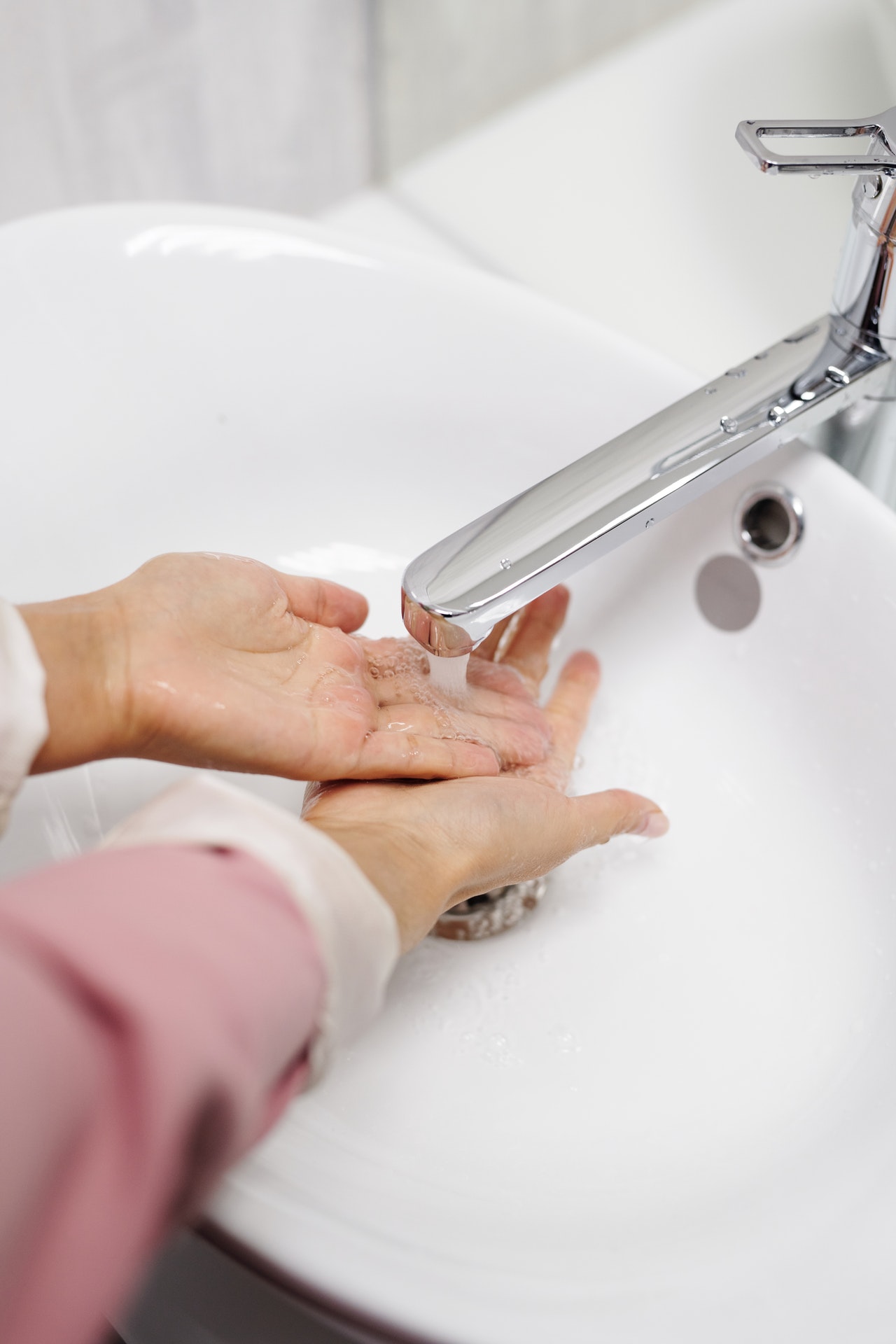
GENEVA – As education institutions around the world seek to reopen, the World Health Organization (WHO) chief said Thursday that more than 40 percent of the world’s schools lack handwashing facilities, a major obstacle to reopening.
“More than two out of five schools around the world lack basic handwashing facilities, affecting an estimated 818 million children,” WHO Director-General Tedros Adhanom Ghebreyesus told the heads of UN missions referring to a joint report by the WHO and UNICEF released earlier.
The report is on the obstacles to reopening schools because of a lack of basic handwashing facilities.
“In the face of the Covid-19 pandemic, where hand hygiene is one of the key recommendations for keeping safe, this is a major obstacle,” Tedros said.
He said most of these schools do not even have clean water or working toilets.
Tedros noted that the problem preceded the current pandemic, and its impacts reach far beyond, covering a whole range of infectious diseases.
The report showed that 43 percent of schools around the world lacked access to essential handwashing with soap and water in 2019 – a critical condition for schools to operate safely during the Covid-19 pandemic.
“Access to water, sanitation, and hygiene services are essential for effective infection prevention and control in all settings, including schools,” Tedros said.
“It must be a major focus of government strategies for the safe reopening and operation of schools during the ongoing Covid-19 global pandemic.”
In the report, UNICEF Executive Director Henrietta Fore said: “Global school closures since the onset of the Covid-19 pandemic have presented an unprecedented challenge to children’s education and wellbeing,”
“We must prioritize children’s learning. This means making sure that schools are safe to reopen – including with access to hand hygiene, clean drinking water, and safe sanitation.”
The report finds that of the 818 million children who lacked a basic handwashing service at their school, 355 million went to schools which had facilities with water but no soap, and 462 million students went to schools which had no facilities or water available for handwashing.
In the 60 countries at the highest risk of health and humanitarian crises due to Covid-19, 3 of 4 children lacked basic handwashing service at their schools at the start of the outbreak; half of all children lacked basic water service, and more than half lacked basic sanitation service. (Anadolu)